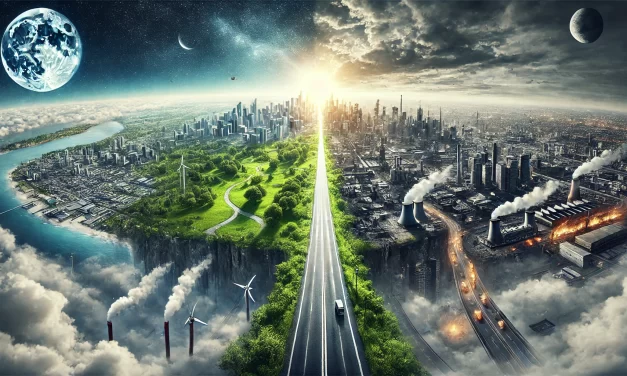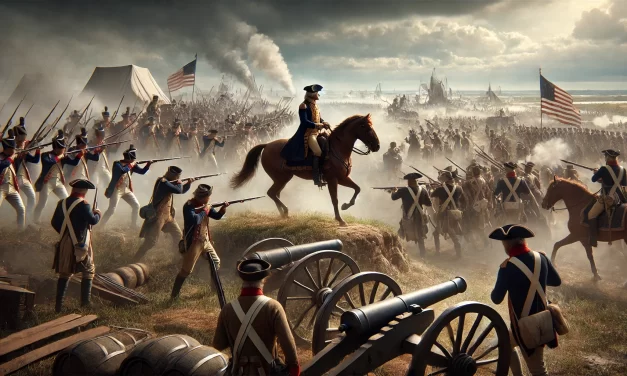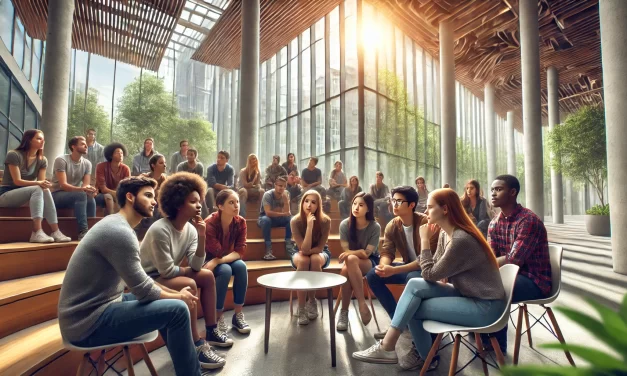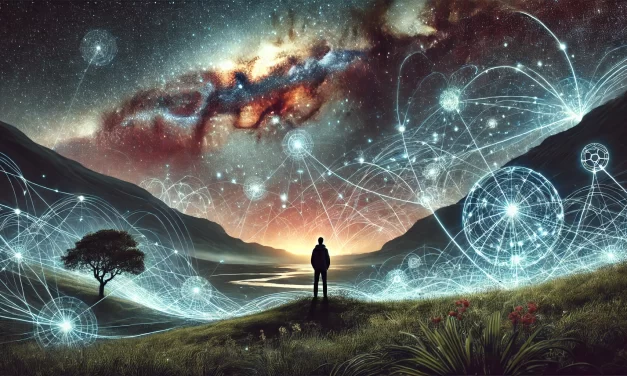A Philosophy for a World in Crisis: Evolving the Enlightenment for Sustainability
The Enlightenment shaped modern progress, freedom, and human rights—but are these values enough for a world in crisis? This post explores how a philosophy of sustainability can enrich these principles, integrating evolution, responsibility, and regeneration to ensure a thriving future. Can we evolve our understanding to meet today’s challenges?
Read More





